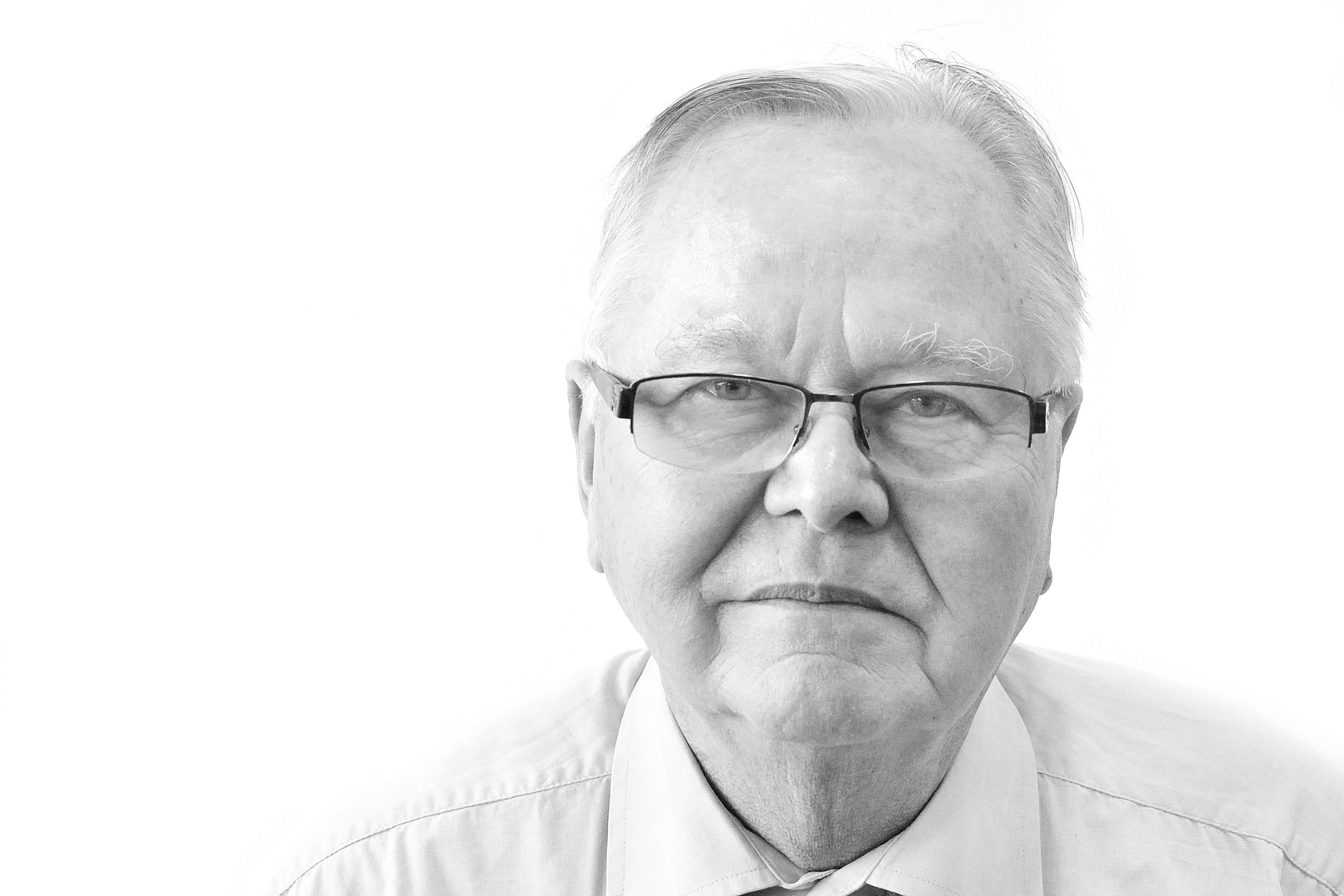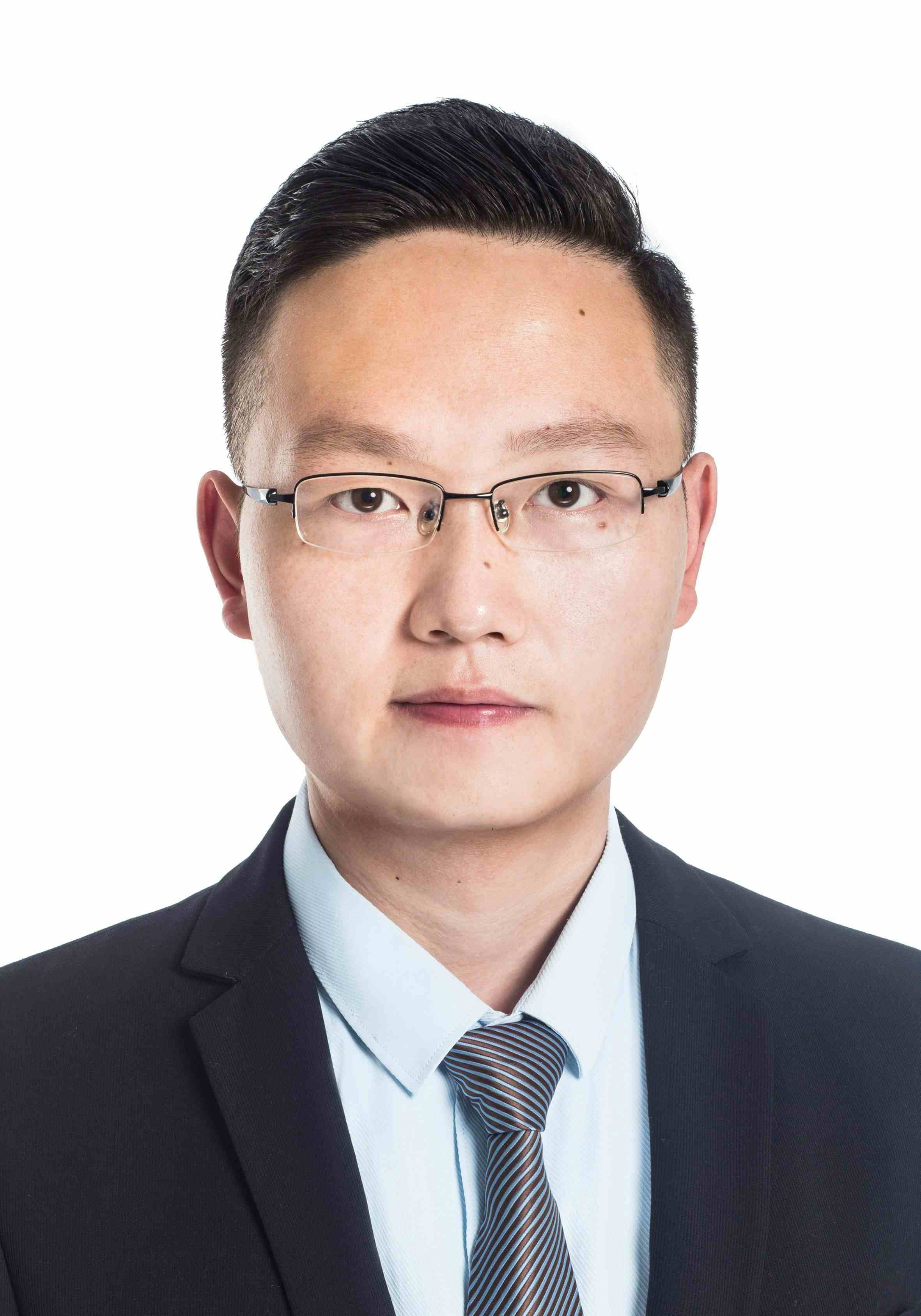In Memory of Pavel Jandera, Leading Chromatographer
Professor Pavel Jandera passed away suddenly and unexpectedly on August 5, 2021. He was one of the most famous Czech analytical chemists. He was 77 years old.
Pavel Jandera

Jandera spent his entire professional career in the Department of Analytical Chemistry at the University of Pardubice, formerly known as VŠCHT Pardubice (the University of Chemical Technology). Jandera was a world leading scientist in the area of chromatographic techniques. He focused on various aspects of high performance liquid chromatography (HPLC), mainly the theoretical principles of the separation process, retention mechanisms, and the development and optimization of methods for the analysis of various types of compounds in the environment, food, and industrial products, such as dyes, pesticides, drugs, detergents, fats, oils, and in later years, antioxidants.
Jandera finished his master studies in 1967, at VŠCHT Pardubice in 1967, where he stayed for his PhD studies in analytical chemistry. Starting in 1970, he held the position of research assistant. Because of his involvement in the political events in 1968, he was not allowed to defend his PhD until 1977. In 1980, he prepared his associate professor thesis entitled “Theoretical and practical aspects of gradient elution in column liquid chromatography,” but he was not allowed to defend it until 1989. The same year, he also completed his DrSc grade defense at VŠCHT Praha. In 1990, he became an associate professor, and after his return from one-year research stay at the University of Tennessee, Knoxville, in the United States, he became a full professor at the University of Pardubice, where he worked until his very last day.
Jandera’s entire scientific career was closely connected with HPLC. He introduced a comprehensive theory of gradient-elution chromatography, which was published together with Professor Jaroslav Churáček in the book Gradient Elution in Column Liquid Chromatography, published by Elsevier in 1985. Then he continued with the development of gradient-elution techniques in preparative chromatography in cooperation with Professor Georges Guichon of the University of Tennessee, Knoxville. Jandera and his team developed new methods for the evaluation and characterization of columns for liquid chromatography. In recent years, he investigated microcolumn techniques of liquid chromatography, mainly the development of high-performance monolithic capillary columns with tailored selectivity and two-dimensional liquid chromatography (2D-LC). Jandera and his team optimized the coupling of polar and nonpolar columns in 2D-LC to increase peak capacity for a higher number of resolved compounds in a single analysis. His research results were published in 260 scientific papers in prestigious peer-reviewed journals, mainly within the field of analytical chemistry, as well as five monographs, and more than 20 book chapters. Jandera’s work was respected by the scientific community, as illustrated by his more than 9000 citations and H-index 52, and by his regular invitations for plenary and keynote lectures at leading international conferences and invitations to prepare review articles. Two of his review articles (1,2) classified as “highly cited in the field,” which means that they are among the top 1% of the most cited publications in a given field.
After the Velvet Revolution in the Czech Republic in 1989, Jandera was very successful with grant applications to fund the research work of his team. He was the principal investigator of eight research projects funded by the Czech Science Foundation and the Grant Agency of the Academy of Sciences of the Czech Republic, and a co-investigator of several international projects, including bilateral projects with researchers in the United States, Greece, and the North Atlantic Treaty Organization (NATO) Science Program. He also acted as a coordinator of many student exchange programs within the European Union Socrates and the Central European Exchange Program for University Studies (CEEPUS), which allowed foreign research stays for many of his students and internships in his laboratory for students and young postdoctoral researchers from Slovakia, Italy, Poland, Greece, Hungary, Slovenia, and the United States. He also participated in another important multilateral project, the 5th EU Framework program “Comprehensive Liquid Chromatography”(COM-CHROM, 2000–2006), which included cooperation with universities in Italy, the Netherlands, France, Norway, and Sweden, with the aim of educating young researchers in analytical chemistry. The international cooperation and internships allowed students to learn new techniques and establish new contacts with other leading analytical groups in Europe.
Jandera was also actively involved in numerous scientific committees. He was a member of the permanent scientific committee of the International Symposium on Separation Sciences and chaired this symposium in 2005 in Pardubice and in 2014 in Prague. He was also an honorary chair of the HPLC 2017 Prague symposium. He frequently chaired scientific sessions at international chromatographic conferences. He was a long-term member of Czech Chemical Society, where he held the position of vice-chair of the working group for chromatography and electrophoresis. He was a national affiliate of the Central European Group for Separation Science, an IUPAC fellow in the IUPAC committee for separation methods in analytical chemistry, and a member of the international committee “Mediterranean Separation Science Foundation Research and Training Center.” He was also a member of the editorial boards of the international journals Journal of Chromatography A, Analytical Letters, and Current Chromatography.
Jandera’s contributions were highly appreciated by the scientific community, and he received many prestigious awards over his career. Highlights include the Tswett Foundation Award (1988), the Hanuš medal of Czech Chemical Society (2004), a memorial medal from Nicolaus Copernicus University in Torun (2005) and the University of Messina (2005), the A. Wakszmundski Award for important achievements in the field of separation sciences awarded by the Polish Academy of Sciences (2011), the AJP Martin Gold Medal awarded by the Chromatographic Society (2015), the Silver Medal of Senate of the Czech Republic (2015), the Jaroslav Janák Medal awarded by the Institute of Analytical Chemistry at the Academy of Sciences in the Czech Republic (2015), the Giorgio Nota Award for lifetime achievement in capillary liquid chromatography (2016), and the Tswett & W. Nernst Award by European Society for Separation Science (2016).
Jandera was also very dedicated to the teaching and education of students and young researchers. He regularly lectured on the topics of “Identification, structure elucidation, and determination of organic compounds,” “chromatography and electrophoresis,” and ”optimization of separation processes.” He supervised 25 PhD theses and dozens of diploma theses. His former PhD students now work at various positions in academia and industry, including his alma mater as well as Masaryk University in Brno, the University of Chemistry and Technology Prague, and other Czech universities and institutes of the Czech Academy of Sciences. When traveling was again possible after the end of the communist regime, he encouraged all his students to travel abroad to extend their knowledge and gain new experiences.
Group members and close cooperators will remember that Jandera had both deep knowledge in chemistry and broad knowledge in other fields, especially in history and the arts. He enjoyed lively discussion with colleagues and friends at conferences or other less formal occasions, preferably with a glass of good red wine. However, he always put his beloved family first, and his favorite summer vacation was at their cottage, immersed in nature.
We would like to preserve the memory of Professor Jandera, who shaped several generations of analytical chemists and mainly chromatographers. His scientific contribution to chromatographic theory is so significant that it will be forever remembered.
Anyone who wishes to share memories or condolences is welcome to do so at the following website: https://www.remembr.com/pavel.jandera
In loving memory, on behalf of the Department of Analytical Chemistry, his former cooperators, and his students.
References
- P. Jandera, “Stationary and Mobile Phases in Hydrophilic Interaction Chromatography: A Review,” Anal. Chim. Acta 692, 1–25 (2011).
- P. Jandera and P. Janas, “Recent Advances in Stationary Phases and Understanding of Retention in Hydrophilic Interaction Chromatography. A Review,” Anal. Chim. Acta 967, 12–32 (2017).
Petr Česla and Jan Fischer are associate professors of analytical chemistry at the University of Pardubice in Pardubice, in the Czech Republic. Tomáš Hájek is an assistant professor of analytical chemistry at the University of Pardubice. Jiří Urban is an associate professor at Masaryk University, in Brno, in the Czech Republic. Michal Holčapek is a professor of analytical chemistry at the University of Pardubice in Pardubice, in the Czech Republic. Direct correspondence about this article to michal.holcapek@upce.cz.
New Study Reviews Chromatography Methods for Flavonoid Analysis
April 21st 2025Flavonoids are widely used metabolites that carry out various functions in different industries, such as food and cosmetics. Detecting, separating, and quantifying them in fruit species can be a complicated process.
Extracting Estrogenic Hormones Using Rotating Disk and Modified Clays
April 14th 2025University of Caldas and University of Chile researchers extracted estrogenic hormones from wastewater samples using rotating disk sorption extraction. After extraction, the concentrated analytes were measured using liquid chromatography coupled with photodiode array detection (HPLC-PDA).

.png&w=3840&q=75)

.png&w=3840&q=75)



.png&w=3840&q=75)



.png&w=3840&q=75)

